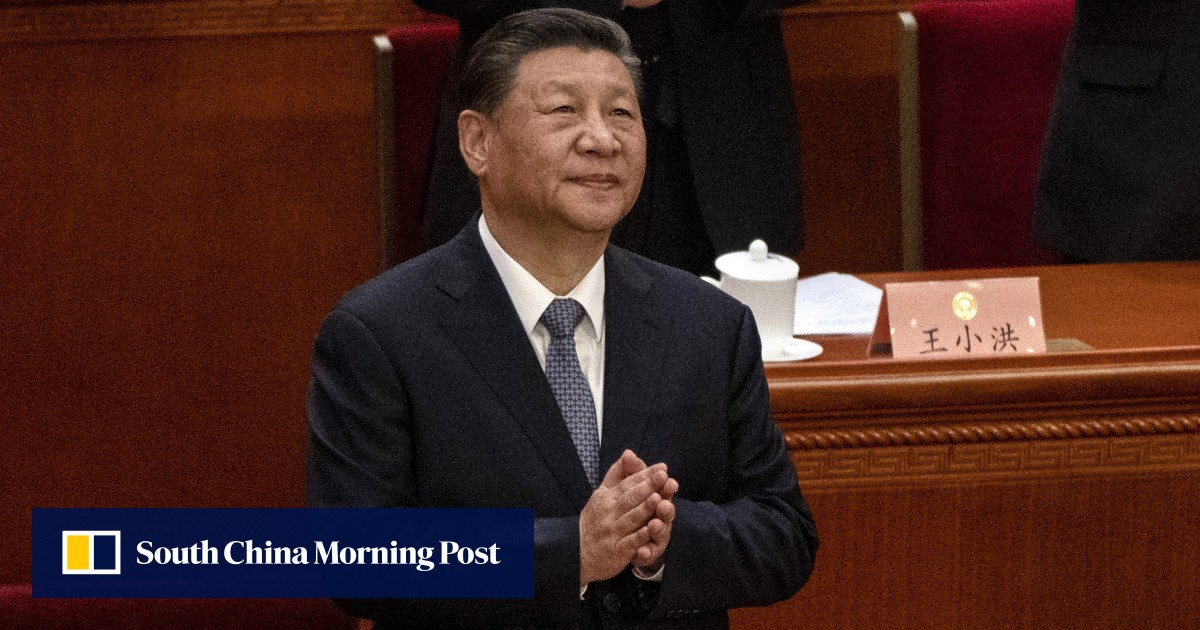“[We should] improve basic research and apply basic research to fight the battle well for key technologies and cultivate new drivers of intellectual productivity,” Xi said.
He also asked for “pragmatic” advice from the country’s top scientists on making reforms to the system – including how to develop talent – and better use of incentives for innovation.
The last time Xi joined a science and tech panel discussion at the Chinese People’s Political Consultative Conference (CPPCC) was more than a decade ago, in 2013.
China’s UN envoy urges ‘forward-looking’ AI research as tech race intensifies
China’s UN envoy urges ‘forward-looking’ AI research as tech race intensifies
It comes as Beijing is ramping up a push for self-reliance in the sector in a bid to counter moves by Washington to block China’s access to and development of cutting-edge technologies.
The CPPCC science and technology group has 43 members – some of them leading experts in fields seen as critical to achieving China’s ambitions.
Its members include Xiao Longxu, an expert in missile weapon control theory from the Chinese Academy of Engineering, mathematician Li Xing from Ningxia University, and Qiao Jie, a reproductive doctor and biologist.
It is not just the US-China tech battle at play – the leadership is also looking to scientific innovation to help revive the country’s sluggish post-pandemic economic recovery.
And he said the development of “new quality productive forces” would be accelerated – referring to sectors that depend on advances in science and technology, from new-energy vehicles to biomanufacturing.
The priority given to scientific development was also reflected in the draft budget report released by the finance ministry on Tuesday.







